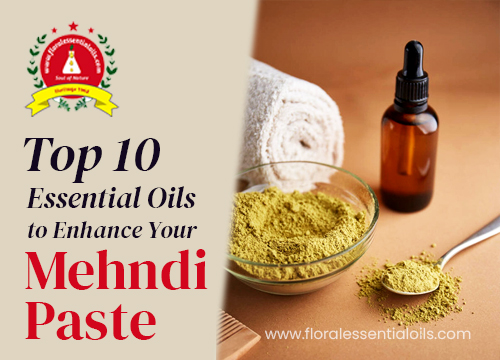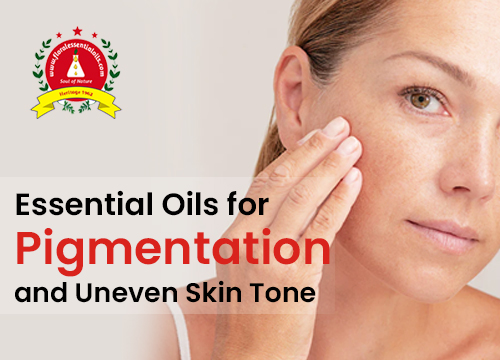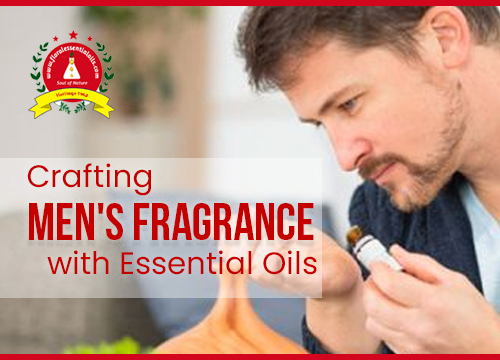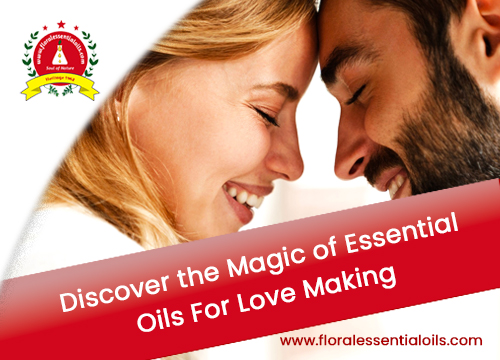Diwali is a time of joy, lights, and celebration, but it’s also a time for the all-important ritual of deep cleaning. Traditionally, this pre-festival clean-up is meant to welcome prosperity and positivity into your home, symbolizing the cleansing of negativity. While cleaning can feel like a daunting task, using essential oils not only makes it easier but also healthier, replacing harsh chemicals with natural, effective, and aromatic alternatives.
In this blog, we’ll explore how essential oils can help you achieve a spotless and fresh home for Diwali while keeping it chemical-free.
Why Choose Essential Oils for Diwali Cleaning?
Commercial cleaning products are often packed with synthetic chemicals that, while effective, may harm your health or cause environmental damage. Essential oils offer a natural alternative, providing numerous benefits:
- Chemical-Free: Essential oils are derived from plants, making them an eco-friendly and non-toxic option.
- Antimicrobial Properties: Many essential oils, such as tea tree and eucalyptus, are known for their antibacterial, antiviral, and antifungal properties.
- Aromatherapy Benefits: In addition to cleaning, essential oils provide calming, refreshing, or energizing scents that elevate the ambiance of your home.
- Cost-Effective: A few drops of essential oil go a long way, making them a cost-effective solution for cleaning.
Top Essential Oils for Diwali Cleaning
Let’s look at some of the best essential oils you can incorporate into your Diwali cleaning routine for a fresh, chemical-free home.
-
Lemon Essential Oil
Lemon oil is one of the most versatile and effective essential oils for cleaning. Known for its antiseptic and antimicrobial properties, lemon oil can cut through grease and grime, disinfect surfaces, and leave a refreshing citrusy scent behind.
How to Use:
- Add a few drops of lemon oil to your mop water for sparkling floors.
- Mix it with water and white vinegar to create an all-purpose cleaner for kitchen counters and bathroom surfaces.
-
Tea Tree Essential Oil
Tea tree oil is well-known for its powerful antimicrobial abilities. It’s a great disinfectant for high-touch surfaces like door handles, kitchen sinks, and bathrooms.
How to Use:
- Mix a few drops with water in a spray bottle and use it as a disinfectant for door handles, light switches, and other surfaces.
- Add to your laundry to kill bacteria and fungi, especially for items like bed sheets and towels.
- Use tea tree oil in a bathroom cleaner to tackle mold and mildew.
-
Lavender Essential Oil
Lavender is not only calming and soothing but also contains antiseptic properties that make it perfect for cleaning. Its refreshing floral aroma will leave your home smelling divine.
How to Use:
- Add a few drops to your vacuum cleaner filter or mop water for a long-lasting fresh scent.
- Mix lavender oil with baking soda and sprinkle it over carpets, let it sit for a few hours, then vacuum to remove odors.
- Use it in your laundry detergent to keep clothes smelling fresh and clean.
-
Eucalyptus Essential Oil
Eucalyptus oil is known for its disinfectant qualities, especially for killing germs and bacteria. It’s also great for clearing the airways and keeping your home smelling crisp and clean.
How to Use:
- Add eucalyptus oil to a bucket of water for mopping floors, especially in high-traffic areas like the living room or hallway.
- Mix it with vinegar and water to clean glass surfaces, mirrors, and windows, leaving them streak-free.
- Use it in a diffuser during your cleaning session to purify the air and give your home a fresh, invigorating scent.
-
Peppermint Essential Oil
Peppermint oil is another excellent choice for Diwali cleaning. Its antimicrobial properties make it ideal for cleaning, and its fresh minty scent can help energize you while you clean.
How to Use:
- Mix peppermint oil with water in a spray bottle to clean surfaces in your kitchen and bathroom.
- Use it to repel pests like ants and spiders by spraying it in corners, doorways, and windowsills.
- Add a few drops to your trash bin or compost container to neutralize odors.
-
Cinnamon Essential Oil
Cinnamon oil is a powerful cleaner thanks to its antibacterial and antifungal properties. It’s also perfect for the festive season, as it leaves your home smelling warm and cozy.
How to Use:
- Mix with water and spray it on kitchen surfaces to keep them germ-free.
- Use it in combination with lemon oil for an all-purpose cleaner.
- Add a few drops to your mop water to leave a lasting festive scent throughout your home.
DIY Essential Oil Cleaning Recipes for Diwali
Here are a few easy and effective DIY cleaning recipes to help you tackle every corner of your home this Diwali.
- All-Purpose Cleaner
- 1 cup water
- 1/2 cup white vinegar
- 15 drops of lemon essential oil
- 10 drops of tea tree oil
Mix these ingredients in a spray bottle and use it to clean countertops, kitchen appliances, and bathroom surfaces.
- Glass Cleaner
- 1/2 cup white vinegar
- 1/2 cup distilled water
- 10 drops eucalyptus oil
Spray this mixture on mirrors, glass tables, and windows for a streak-free shine.
- Carpet Freshener
- 1 cup baking soda
- 10 drops lavender oil
- 10 drops peppermint oil
Mix the essential oils with baking soda and sprinkle over carpets. Allow it to sit for a few hours before vacuuming.
- Floor Cleaner
- 1 bucket of warm water
- 10 drops lemon essential oil
- 10 drops tea tree oil
Add the oils to your mop bucket for a sparkling, germ-free floor.
Aromatherapy and Festive Atmosphere
In addition to keeping your home clean, essential oils can create a festive and welcoming atmosphere. As you deep clean your home, you’re also preparing it for family gatherings and celebrations. You can diffuse oils like lavender, cinnamon, or clove to set the mood for Diwali.
Here are some ideas:
- Diffusing Lavender and Lemon: Create a calming and fresh environment after a long day of cleaning.
- Cinnamon and Clove: Perfect for adding a warm, festive touch to your home.
- Peppermint and Eucalyptus: Energize and purify the air to leave your home smelling crisp and clean.
Conclusion
Diwali cleaning is a time-honored tradition that symbolizes the welcoming of prosperity, health, and happiness into your home. By incorporating essential oils into your cleaning routine, you not only ensure a spotless home but also create a chemical-free, healthy environment filled with natural fragrances. These oils make cleaning more enjoyable, cost-effective, and better for your health.
For a fresh and natural Diwali cleaning experience, try using Floral Essential Oils—your perfect partner for an eco-friendly, aromatic, and effective cleaning routine!











